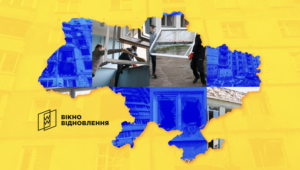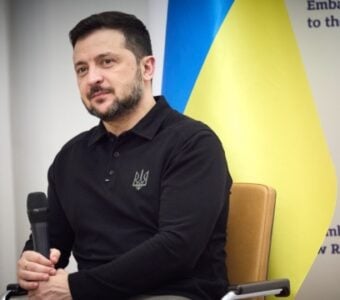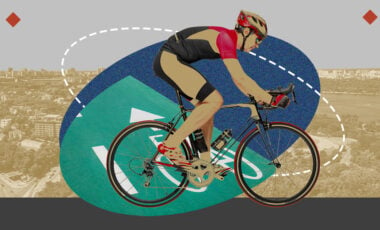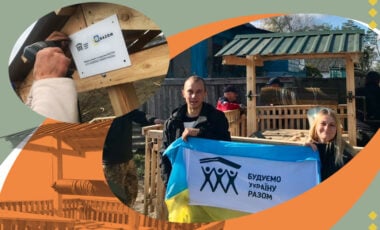Baltic region states to use a "drone wall" for border protection

Фото: RFE
The countries of the Baltic region, from Poland to Norway, have agreed to create a "drone wall" to protect their external borders with unmanned aerial vehicles.
The Minister of Internal Affairs of Lithuania, Agnė Bilotaitė, said this, LRT writes.
The head of the Lithuanian ministry made this statement after a meeting the day before in Latvia with her colleagues from Estonia and Latvia, Poland, Finland, and Norway.
"This is a completely new thing, a drone wall stretching from Norway to Poland, and its purpose is to use drones and other technologies to protect our borders […] against provocations from unfriendly countries and to prevent smuggling," Bilotaitė stressed.
To create such a "drone wall," countries will use:
- unmanned aerial vehicles for monitoring border areas,
- counter-drone systems to stop drones from hostile countries being used for smuggling and provocations.
According to Bilotaitė, Lithuania has already developed plans to strengthen its border protection with the help of drones.
As the Lithuanian minister emphasized, the State Border Service of Lithuania has recently created an anti-aircraft unit and is acquiring additional drones and anti-drone systems.
Now, the countries will assess what homework they need to do, and then, with the help of experts, national authorities will draw up a plan to implement the "drone wall."
The Lithuanian minister could not say when the idea would be implemented but noted that the "drone wall" could be created at the expense of the European Union.
The ministers also agreed to organize joint evacuation exercises in the participating countries, Bilotaitė said.
"We agreed to hold regional exercises to ensure the evacuation of the population, to see how our institutions are ready to work, interact with each other, what are our possibilities for accommodating people, what are the possibilities of other countries to receive a certain number of our people," the minister emphasized.
"We still have many questions, and we need to look at all these algorithms. The training would be valuable because we would look at things, evaluate them, and increase our preparedness," she added.
Reference
We will remind you that the Russian authorities recently decided to unilaterally change the maritime borders with Lithuania and Finland in the Baltic Sea, expanding its internal sea waters. After becoming public, the project disappeared from the website.
On May 23, Estonia announced that Russian border guards had removed buoys installed on the Estonian side of the Narva River.
The EU's chief diplomat said the EU expects an explanation from Russia regarding these actions and demands that the buoys be returned to their place immediately.
According to the Estonian Border Service, Russian border guards removed over 20 buoys installed to mark territorial waters on the Narva River. Buoys help to avoid ships' accidental entry into the Russian Federation's internal waters.
Borrell emphasized that on May 23, Russian border guards unilaterally removed the light buoys installed by Estonia on the Narva River to demarcate the border with Russia.
Borrell noted that the European Union has been closely monitoring the situation in cooperation and solidarity with Estonia and other member states from the very beginning.
"This border incident is part of a wider pattern of provocative behavior and hybrid actions by Russia, including at its maritime and land borders in the Baltic Sea region. Such actions are unacceptable. The European Union expects an explanation from Russia regarding the removal of the buoys and their immediate return," Borrell said.
A number of EU states also published separate statements expressing support for Estonia and condemned Russia's provocative actions.
Finnish Prime Minister Petteri Orpo suggested that Russia is testing NATO with its actions.
"Maybe they're testing us, but we don't know that yet," Orpo said, adding that Russia will remain "the most significant direct threat to European security."
According to him, there is a temporal connection between all these issues in Finland, Lithuania and Estonia, but "now it's time to be calm and look very carefully at what really is happening."



















































